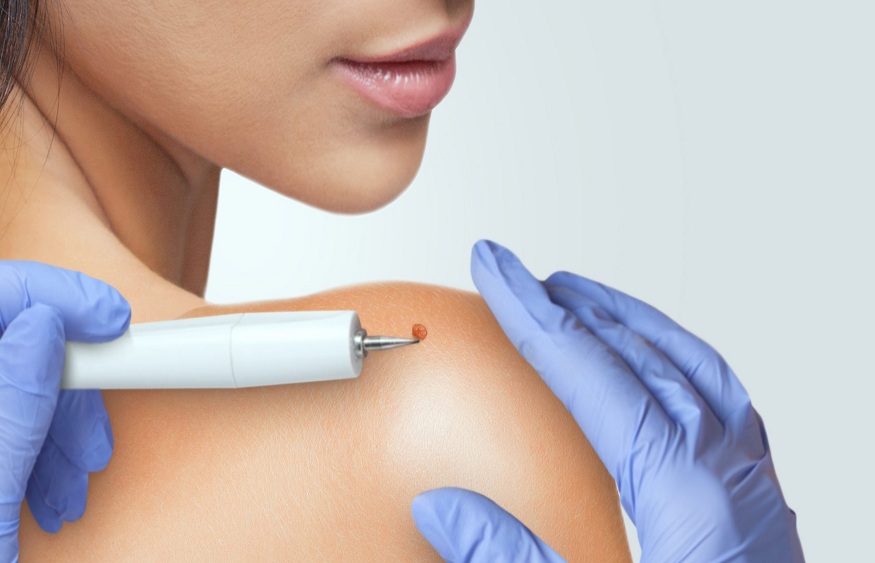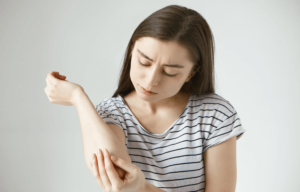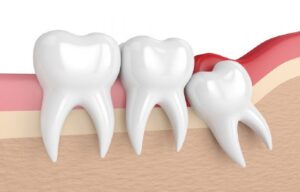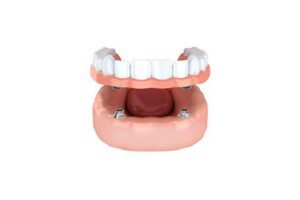Warts and Wart Removal: Understanding the Causes, Treatments, and Prevention
3 min read
Warts are a common skin condition that affects millions of people worldwide. They can be unsightly and, in some cases, cause discomfort. Understanding the causes, types, and available wart removal methods is crucial for effective management. In this comprehensive guide, we will delve into everything you need to know about 疣, from their root cause to various treatment options and preventive measures.
Introduction
Small, benign growths known as warts are brought on by the human papillomavirus (HPV) and develop on the skin’s surface. While generally benign, warts can take many different shapes and can affect numerous body areas. This page will discuss various wart types, their causes, symptoms, and most importantly, efficient 脫疣 techniques.
What Are Warts?
Warts are non-cancerous skin growths that result from HPV infections. Usually through minor wounds or scratches, the virus enters the body through skin that has been broken. Warts form when the top layer of skin becomes contaminated and starts to grow quickly.
Types of Warts
Warts can manifest in several distinct forms, and each type has its unique characteristics.
Common Warts
Common warts are the most prevalent type and usually appear on the hands and fingers. They have a rough, grainy texture and a rounded top.
Plantar Warts
Plantar warts grow on the soles of the feet, making them particularly painful. They often have black dots in the center, which are tiny blood vessels.
Flat Warts
Flat warts are smoother and smaller than other types and tend to grow in large numbers. They often appear on the face, arms, and legs.
Genital Warts
Genital warts are transmitted through sexual contact and affect the genital and anal areas. They require specialized medical attention.
Causes of Warts
Warts are primarily caused by the human papillomavirus (HPV). There are over 100 different strains of HPV, and each one is responsible for different types of warts.
Human Papillomavirus (HPV)
HPV is a common virus that can be easily transmitted through skin-to-skin contact with an infected person or object.
Transmission of Warts
Warts can spread through direct contact with a wart or by touching surfaces or objects that have been in contact with an infected person’s wart.
Symptoms of Warts
Warts can be easily recognized by their appearance. They are usually small, flesh-colored or grayish lumps with a rough texture.
Home Remedies
Home remedies like duct tape occlusion and apple cider vinegar are popular but may not be as effective as other methods.
Cryotherapy
Cryotherapy involves freezing the wart using liquid nitrogen, causing it to fall off after a few days.
Laser Treatment
Laser treatment is a medical procedure that uses focused laser beams to remove warts.
Surgical Removal
Surgical removal is typically reserved for large or stubborn warts that do not respond to other treatments.
Tips for Preventing Warts
Preventing warts is possible by following certain preventive measures and maintaining good hygiene.
Practicing Good Hygiene
Regularly washing hands and maintaining clean skin can reduce the risk of warts.
Avoiding Direct Contact with Warts
Avoid touching warts on yourself or others to prevent transmission.
Boosting Your Immune System
A strong immune system can help prevent the development of warts.
When to See a Doctor
While most warts are harmless and go away on their own, certain circumstances warrant medical attention.
The Importance of Proper Diagnosis
Proper diagnosis is essential to differentiate warts from other skin conditions and to determine the most effective treatment plan.
Addressing Warts in Children
Managing warts in children requires special consideration due to their delicate skin and developing immune systems.
Myths and Misconceptions about Warts
There are various myths surrounding warts that need to be debunked for a clearer understanding of the condition.
Living with Warts: Coping and Support
Warts can be emotionally distressing for some individuals. Learning to cope and seeking support is crucial.
Natural Ways to Support Wart Treatment
In addition to medical treatments, some natural remedies can complement the wart removal process.
(Frequently Asked Questions)
- Can warts be cancerous?
- No, warts are non-cancerous growths caused by HPV infections.
- Are genital warts the same as other types of warts?
- Genital warts are caused by different strains of HPV and require specialized medical attention.
- Can warts spread to other parts of the body?
- Yes, warts can spread to other areas through direct contact or contact with contaminated objects.
- Do warts always require treatment?
- Warts frequently disappear on their own without needing any treatment. However, if they hurt or have an unfavourable appearance, therapy can be required.







